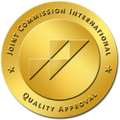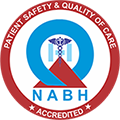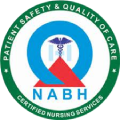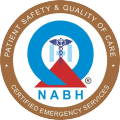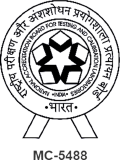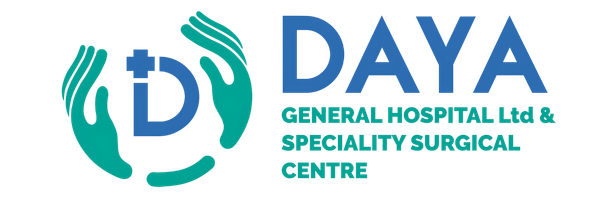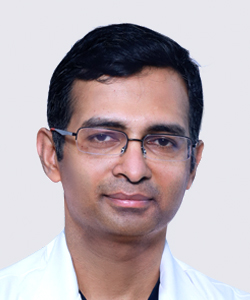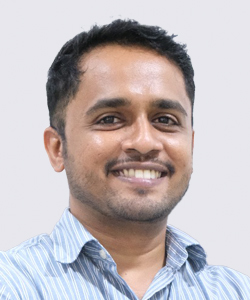Endoscopic Retrograde Cholangiopancreatography (ERCP)
What is ERCP?
Endoscopic Retrograde Cholangiopancreatography (ERCP) is an advanced medical procedure that combines endoscopy and X-ray imaging to diagnose and treat conditions affecting the bile ducts, pancreas, and gallbladder.
During ERCP, a thin, flexible tube called an endoscope is gently passed through the mouth into the duodenum (the first part of the small intestine). A small camera attached to the endoscope helps the doctor locate the ampulla through which bile ducts and pancreatic ducts drain into duodenum
Once the ducts are cannulated, a special contrast dye is injected, and X-ray images are taken to detect any blockages, narrowing, stones, or any other abnormalities. Using ERCP, doctors can :
- Break and remove bile duct stones (choledocholithiasis)
- Break and remove pancreatic duct stones
- Place stents to open narrowed ducts (plastic stents for benign condition and metallic stents for malignant conditions)
- Take biopsies (tissue samples either through brush cytology or spy glass cholangioscopy guided biopsy)
- Drain infected or blocked ducts through these stents
At Daya General Hospital, Thrissur, our experienced gastroenterologists perform ERCP with precision and care, ensuring accurate diagnosis and effective treatment.
Why is ERCP done and when is it recommended?
Your doctor may recommend ERCP if you have symptoms or imaging results that suggest a problem in your bile ducts, gallbladder, or pancreas. Common reasons include:
- Stones in the bile duct (Choledocholithiasis)– To remove stones that cause pain,fever and jaundice.
- Bile duct blockages – which arise due to benign and malignant conditions of pancreas,bile duct,gall bladder and liver .Plastic stents are used in non cancerous (benign) conditions like stones and strictures in the bile duct and pancreatic duct,where as self expandable metallic stents (SEMS) are used to relieve block in the bile duct caused due to cancerous conditions of pancreas (carcinoma pancreas) , bile duct (cholangiocarcinoma) ,gall bladder (carcinoma gall bladder) ,liver
How is ERCP different from other procedures?
ERCP is unique because it combines diagnosis and treatment in a single procedure. Here’s how it stands out:
- Compared to scans (CT/MRI): ERCP provides direct visualization of the ducts, offering more accuracy.
- Compared to surgery: ERCP is minimally invasive, meaning faster recovery and less risk.
- Compared to regular endoscopy/colonoscopy: ERCP is highly specialized and performed only by trained gastroenterologists.
- Compared to medicines: ERCP can directly remove stones, clear blockages, or place stents, rather than just managing symptoms.
At Daya General Hospital, we use advanced endoscopic technology, ensuring safe and effective outcomes.
What to expect after an ERCP procedure?
Recovery after ERCP is usually quick. Most patients can return to normal activities within a few days. Here’s what you should know:
- Mild bloating, nausea, or abdominal discomfort may occur for a short time.
- Sedation is used, so you’ll need someone to accompany you to home.
- Avoid heavy lifting and strenuous activity for a few days as advised by your doctor.
- Watch out for warning signs such as fever, severe abdominal pain, or bleeding and report them immediately.
- With proper care, most patients recover smoothly and experience significant relief from their symptoms.
Frequently Asked Questions (FAQs)
1. Is ERCP painful?
No, ERCP is performed under sedation or anesthesia, so you won’t feel pain during the procedure.
2. How long does ERCP take?
On average, the procedure takes 30 to 90 minutes, depending on the complexity.
3. Is ERCP safe?
Yes, ERCP is generally safe when performed by experts. Rare complications may include infection, bleeding,pancreatitis and perforations.
4. How should I prepare for ERCP?
You’ll be advised to avoid food and drinks for 6–8 hours before the procedure. Inform your doctor about medications and health conditions.
5. Where can I get ERCP in Thrissur?
Daya General Hospital, Thrissur, offers expert ERCP services with advanced endoscopic facilities and highly experienced gastroenterologists.

